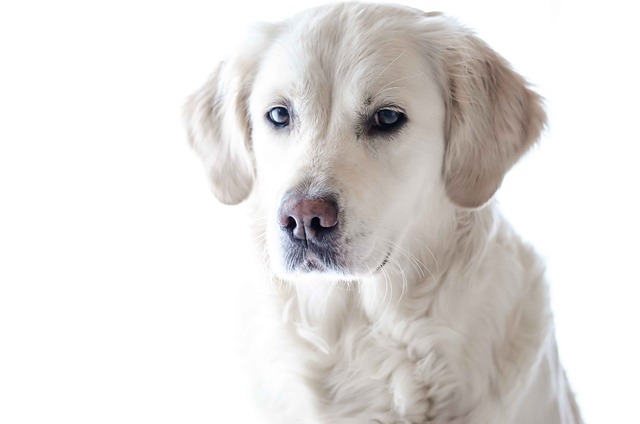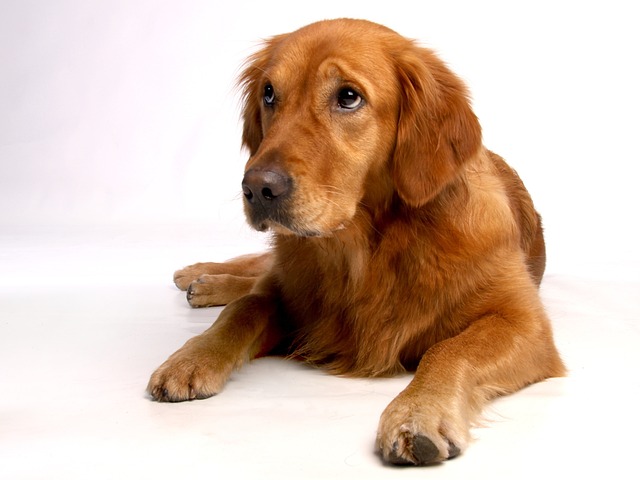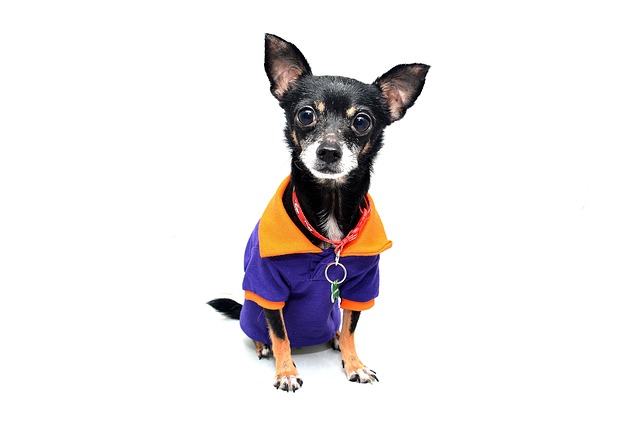
How to get rid of labrador smell?
Labrador owners often notice that distinct, earthy smell lingering on couches or their favorite sweaters—especially after a romp in the park or a dip in the neighborhood pond.
Run your hands along your German Shepherd’s sides—if you can feel their ribs, spine, or hip bones easily without pressing hard, that’s a common sign they’re too skinny. You might also notice a pronounced waistline when viewing them from above, or their abdomen might tuck up sharply instead of having a gentle curve. These physical cues are hard to miss once you know what to look for, especially during regular grooming sessions.
Pay attention to their energy levels during daily walks or playtime in the backyard. A too-skinny German Shepherd may lag behind on walks, lose interest in fetch quickly, or seem more tired than usual after mild exercise. This lack of stamina often ties to not getting enough calories to fuel their active nature, which is a key part of their breed’s identity.
Check their eating habits and consult your vet to rule out health issues. If your GSD is eating regularly but still losing weight, it could be a sign of thyroid problems, parasites, or other underlying conditions—don’t brush this off. Also, make sure you’re feeding them a high-quality dog food formulated for large, active breeds; generic brands might not have the right nutrient balance.
 Remember to follow local pet welfare laws, which often require owners to maintain their dogs at a healthy weight. In many U.S. states and European countries, letting a dog become severely underweight can be considered neglect, leading to fines or even legal action. Regular vet checkups (at least twice a year for adult GSDs) help you stay compliant and catch weight issues early.
Remember to follow local pet welfare laws, which often require owners to maintain their dogs at a healthy weight. In many U.S. states and European countries, letting a dog become severely underweight can be considered neglect, leading to fines or even legal action. Regular vet checkups (at least twice a year for adult GSDs) help you stay compliant and catch weight issues early.
Avoid quick fixes like overfeeding table scraps, which can cause digestive issues or unbalanced nutrition. Instead, work with your vet to create a gradual weight-gain plan—this might include adding a small amount of high-protein wet food to their kibble or adjusting portion sizes based on their activity level. Patience is key; healthy weight gain takes time, especially for a breed that’s prone to joint issues if they gain weight too fast.
By staying attuned to your German Shepherd’s physical cues, energy levels, and eating habits, you can keep them at a healthy weight and ensure they live a long, active life. Regular vet visits, proper nutrition, and adherence to local pet laws aren’t just rules—they’re ways to show your GSD the love and care they deserve as part of your family.

Labrador owners often notice that distinct, earthy smell lingering on couches or their favorite sweaters—especially after a romp in the park or a dip in the neighborhood pond.

You’ve lathered them up three times this week, rinsed until the water runs clear, and even used that fancy lavender shampoo they used to love—but the second they shake off, that same stubborn smell comes right back.

Finding clumps of your dog’s fur on the couch or stuck to your clothes isn’t always normal—if it’s more than the usual seasonal shed, it’s time to act.

If you’re a new dog parent in the US—maybe you’re sitting on your Philadelphia apartment couch, gently holding your 9-month-old Shih Tzu

A smelly dog can turn your cozy evening on the couch into an unpleasant experience, but rushing to the tub too often might do more harm than good.

Run your hands along your German Shepherd’s sides—if you can feel their ribs, spine, or hip bones easily without pressing hard, that’s a common sign they’re too skinny.